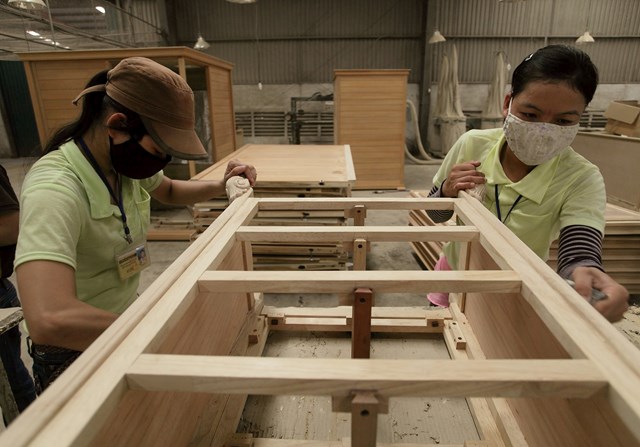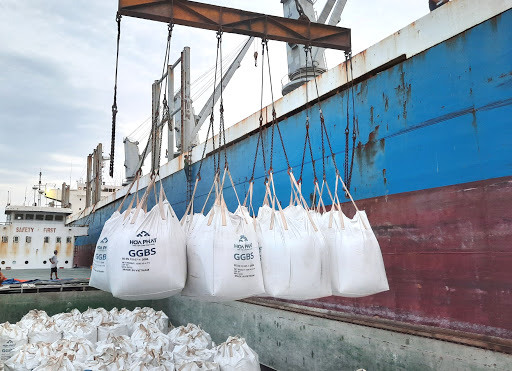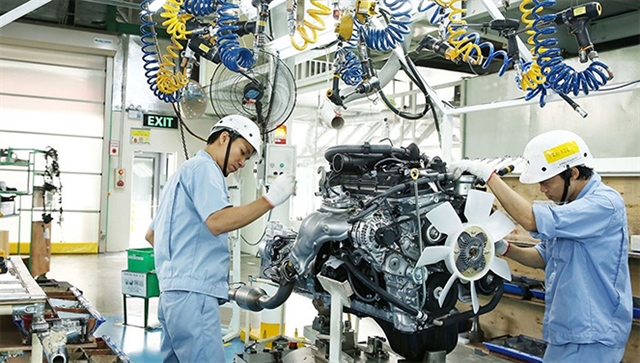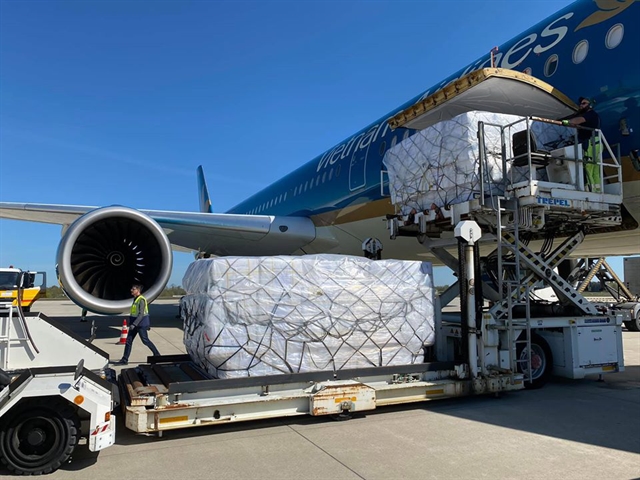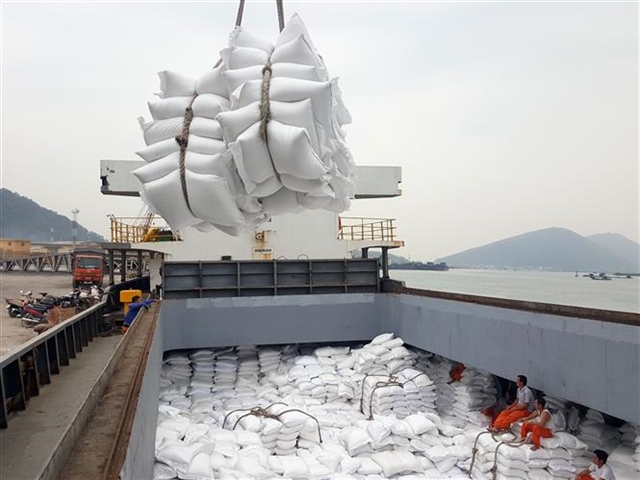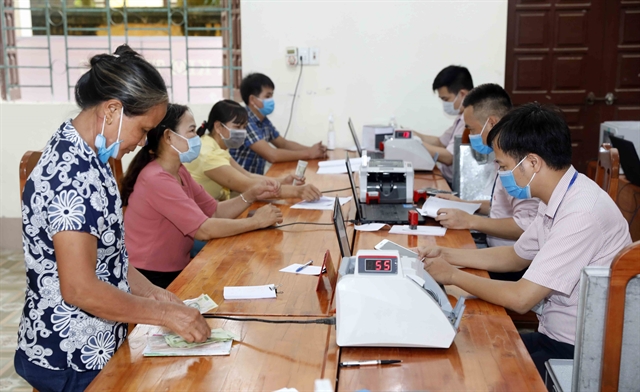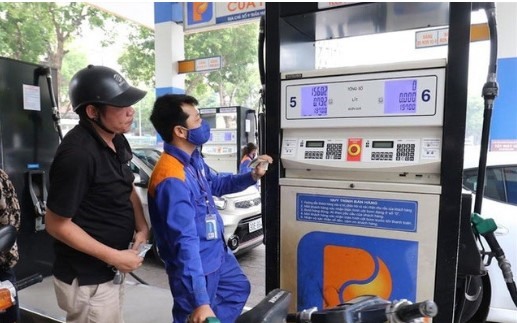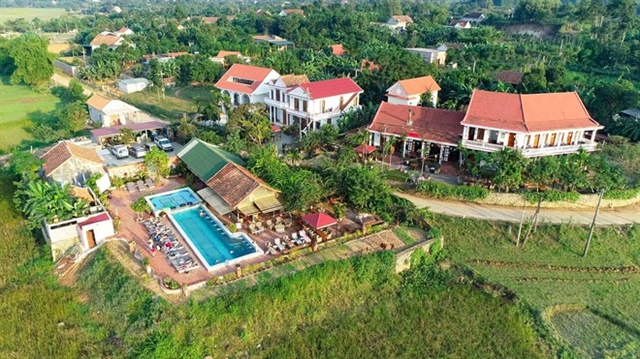
HÀ NỘI — Condotels have lost their attraction among investors due to tighter management restrictions, and farm stays have emerged as a new investment trend during the COVID-19 pandemic. However, experts have urged caution when investing in this model, given the risks of an incomplete legal framework and a potentially long wait for investors to make a return on the outlay.
Financial expert Đinh Thế Hiển said that farm stays were regarded as a kind of second home and an asset that could appreciate in the future.
However, land prices in popular areas for farm stays had increased dramatically in the past decades while the land profile was mainly agricultural land, even forest land, which was not legally guaranteed, Hiển said.
Investments in farm stays had seen a resurgence ten years ago when middle-class investors bought five to ten hectares of land to build garden houses, but the trend soon declined as investors baulked at the high expense of maintaining their properties and a lack of nearby utilities.
“Farm stay investments are on the up again, especially with farms of around 1,000 – 2,000 sq.m,” Hiển said, while warning the model still faced the same difficulties.
Hiển said investors must look at the legality of the land and planning in the region when they decide to invest in the model.
Investors could have to wait for at least five years, or even decades, to see returns on their investments, he warned.
According to Trần Khánh Quang, general director of Việt An Hòa Real Estate Investment Joint Stock Company, managing farm stay properties was not easy, and it was also costly to maintain their operation.
Quang said investors should only buy farm stay properties in areas which could be converted into residential land and areas which had good transport infrastructure and were connected to the power grid.
According to Lê Hoàng Châu, president of the HCM City Real Estate Association, it would cause big problems if organisations and individuals illegally divided agricultural and forest land into lots for transactions and for developing farm stays without permission.
Châu recently submitted a document to the Government saying that splitting non-residential land into lots should be banned to prevent the illegal development of farm stays.
Châu stressed that enterprises and individuals who wanted to convert agricultural and forest land into commercial land for investment projects, including farm stays, must comply with established regulations and get permission from authorised agencies.
Chairman of TAT Law Firm Trương Anh Tú said that most lots on which farm stays were developed were agricultural and forest land, so it would be difficult for owners to be granted land use rights or house ownership certificates.
Tú said the Government should issue regulations to ensure farm stay development remained on the right track, adding that lessons should be learned from the condotel market. — VNS


